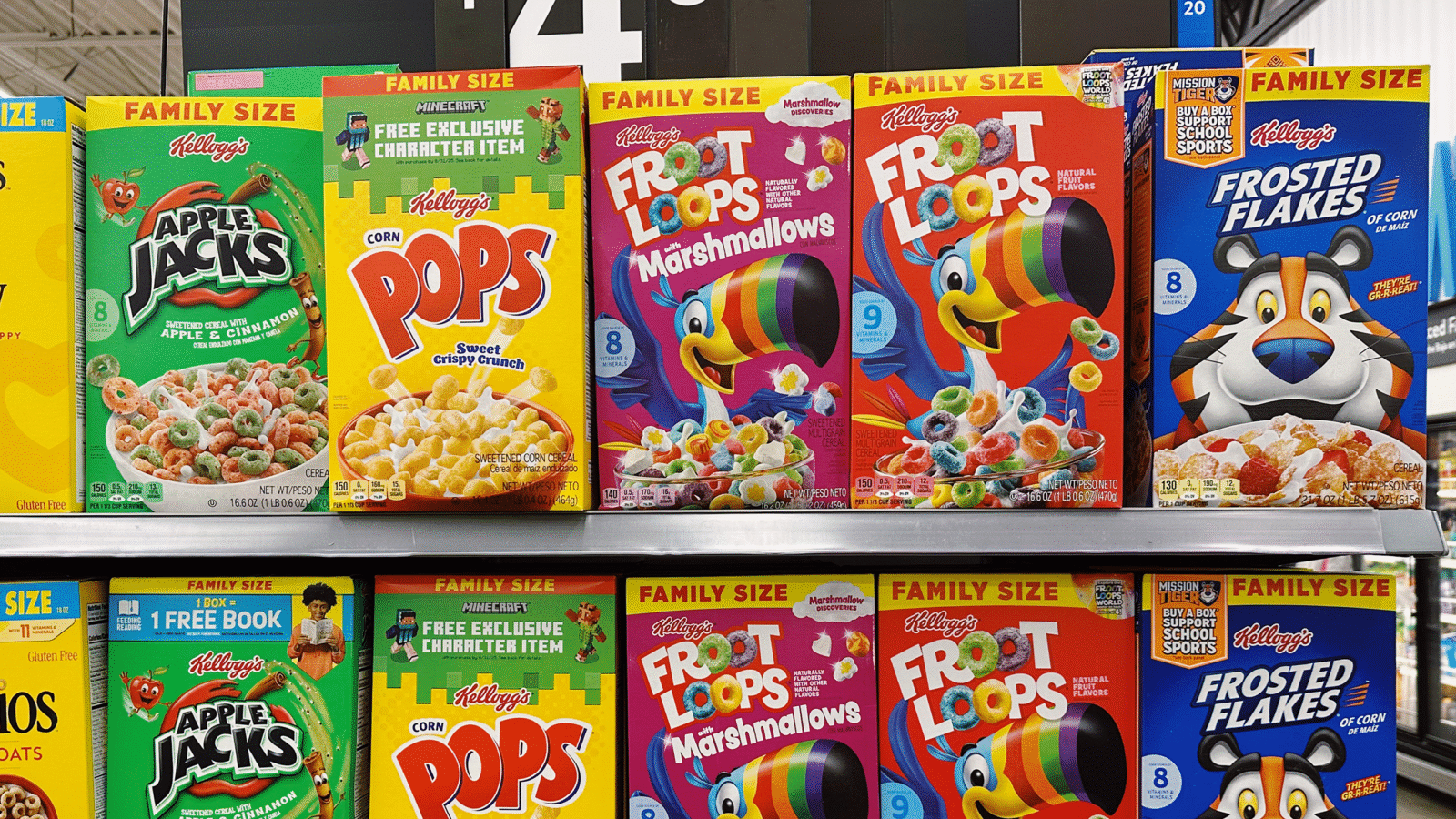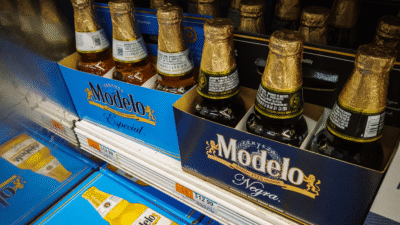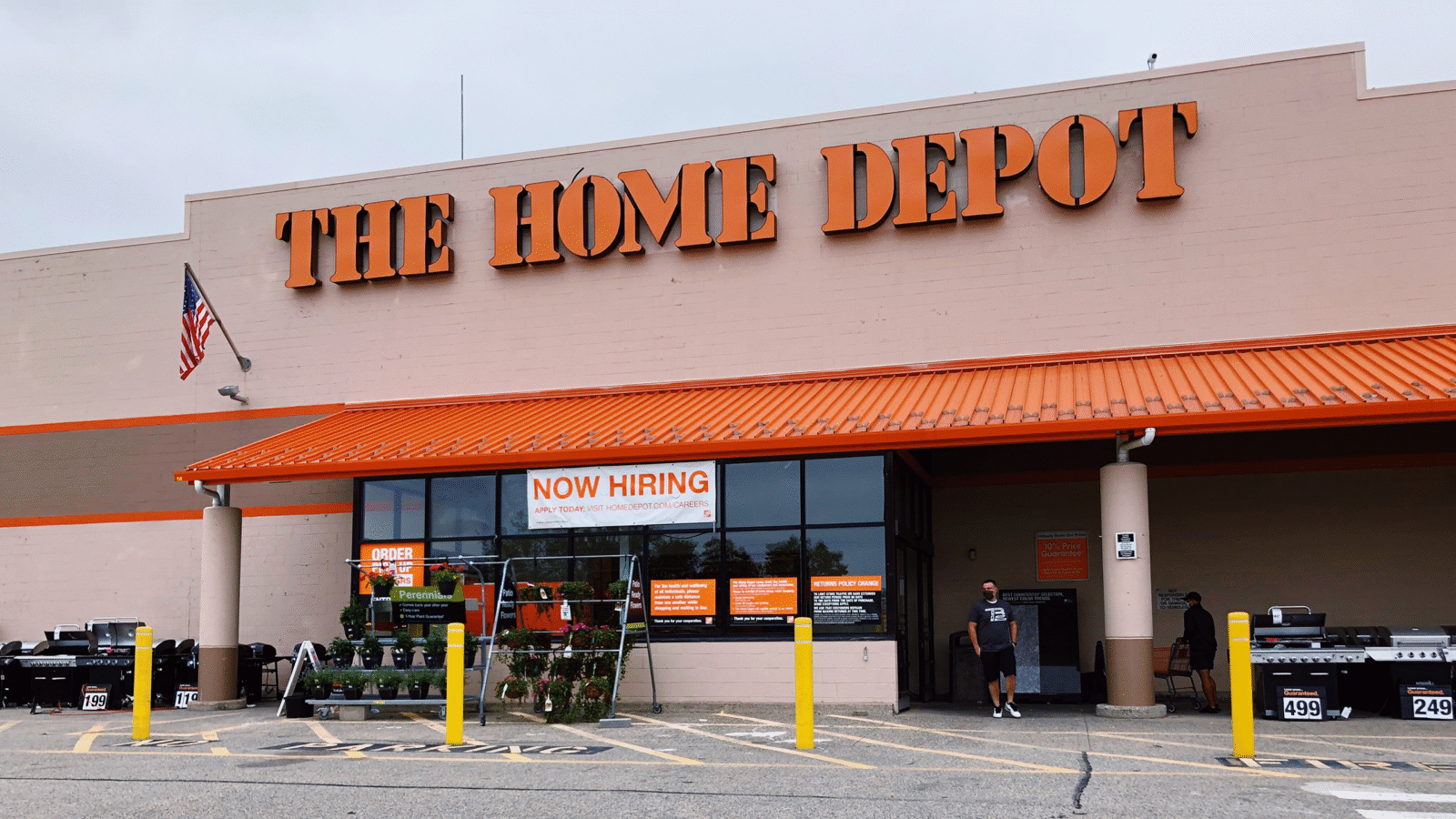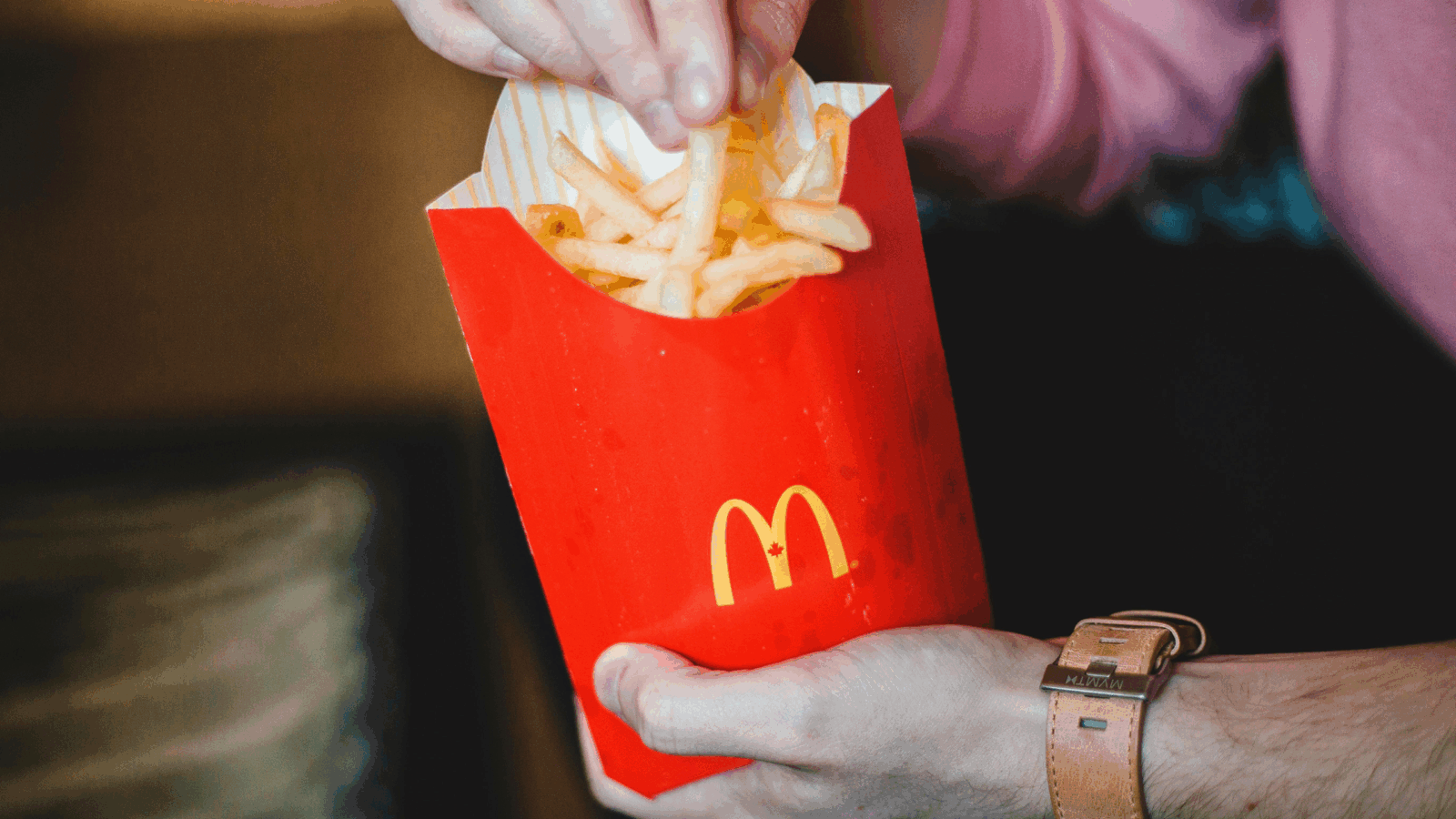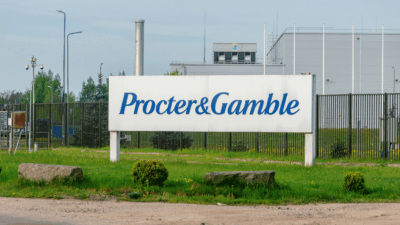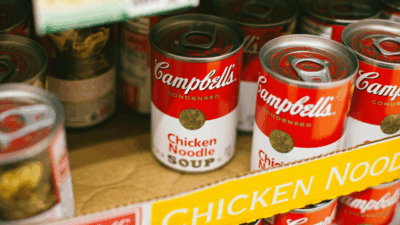
Sign up for smart news, insights, and analysis on the biggest financial stories of the day.
For most of the year so far, coffee producers have kept a feather in their cappuccino as soaring prices have roiled just about every other industry but theirs. Unfortunately, it turns out, coffee hadn’t dodged inflation entirely – it’s just arriving a little latte to the party.
Across the world, coffee farmers are struggling to adjust to the increasingly exorbitant price of fertilizer, and are now beginning to feel the same sting burning the rest of the agricultural industry.
An Espresso Trip To Panic Town
The industry’s inflation problem had been steeping longer than a batch of cold brew. Fertilizer costs crept up for months, but Russia’s unprovoked invasion of Ukraine prompted a full-blown coffee emergency. Russia and ally Belarus accounted for over 40% of global exports of key fertilizer ingredient potash last year, according to Dutch lender Rabobank. Russia alone accounted for 22% of ammonia and 14% of monoammonium phosphate, two key fertilizer ingredients.
War, and subsequent sanctions from the global community, have spurred major supply chain snags, causing what Nicaraguan coffee cooperative manager Fatima Ismael told Bloomberg is now “a mega emergency.” It’ll join what may be a global food crisis:
- Prices of arabica, the dominant coffee type that accounts for 60% of global production, have stayed relatively stable this year, but the Green Markets North American Fertilizer Index’s 30% leap to a record high is a likely indicator of rising costs.
- Global coffee production is likely to fall 2% for the current marketing year, according to the International Coffee Organization, while arabica beans will fall over 7%.
Around The Globe: One Canadian corn and canola farmer told Reuters he’s paying $400,000 to stock up on fertilizer through 2023. A New Mexico corn farmer told Reuters his harvest yield could fall 25% this year. Ismael said her co-op of 650 small coffee farms in Nicaragua is cutting its annual 800 tons of fertilizer purchases in half.
